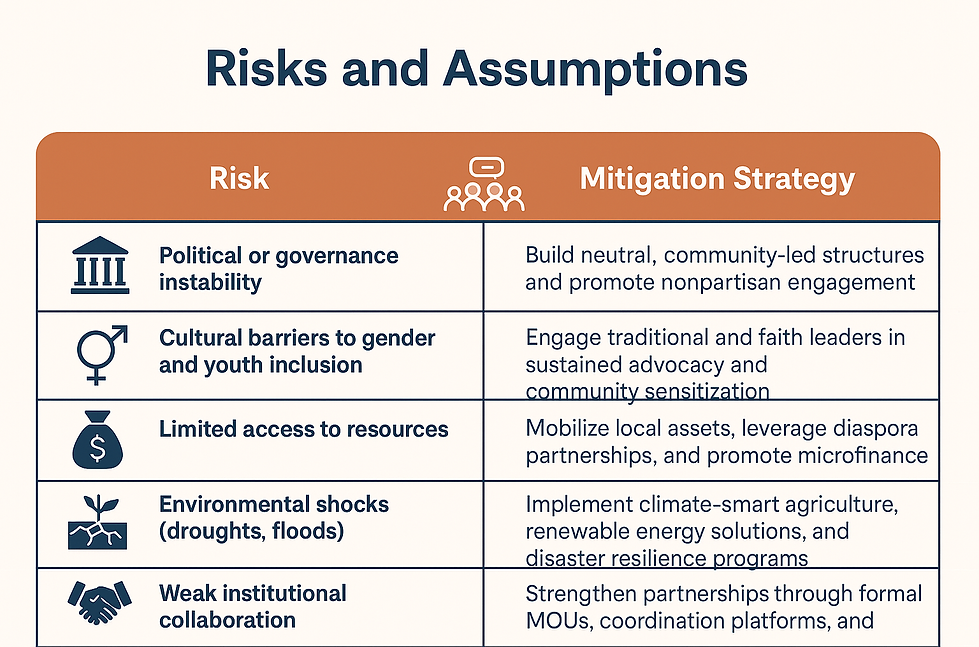What to Expect When You Contact Us?
-
USCIS Policy Manual, Chapter 2 – Definition of Child for Citizenship and Naturalization
-
USCIS Policy Manual, Chapter 3 – United States Citizens at Birth (INA 301 and 309)
-
USCIS Policy Manual, Chapter 4 – Automatic Acquisition of Citizenship after Birth (INA 320)
-
USCIS Policy Manual, Chapter 5 – Child Residing Outside of the United States (INA 322)
-
USCIS Policy Manual, Chapter 2 – Definition of Child for Citizenship and Naturalization
-
USCIS Policy Manual, Chapter 3 – United States Citizens at Birth (INA 301 and 309)
-
USCIS Policy Manual, Chapter 4 – Automatic Acquisition of Citizenship after Birth (INA 320)
-
USCIS Policy Manual, Chapter 5 – Child Residing Outside of the United States (INA 322)

Human Rights Advocates
Order for Restoring Peace on Earth (ORPE)
Restoring Human Dignity: A Divine Mandate
A Global Call to Unite Faith, Law, and Inclusive Action Wherever Justice Breaks Down.

Join Us In Making the Difference
Orpe Human Rights Advocates' Community Development Programs for Developing Nations
Restoring Dignity. Transforming
Lives. Establishing Justice under Divine Truth
Integrated Purpose
Through the fifteen doctrines stated below, Orpe Human Rights Advocates advances a justice-centered, participatory, and sustainable model of community development. Each doctrine complements the others transforming charity into empowerment, dependence into self-determination, and fragmented relief into cohesive, rights-based transformation.
Our Ultimate Vision
To build resilient, equitable, and self-governing communities where dignity, justice, and peace prevail under divine truth.
Executive Summary
Orpe Human Rights Advocates presents a transformative Community Development Program designed to address structural poverty, social exclusion, environmental degradation, and weak governance systems across Sub-Saharan Africa. Grounded in fifteen interrelated doctrines, ranging from Self-Help and Participatory Development to Social Justice and Sustainability; this model integrates humanitarian response, legal empowerment, and inclusive economic growth.
The initiative aims to build resilient, self-reliant, and equitable communities by promoting participatory governance, local entrepreneurship, renewable energy, education, and human rights protection. The model connects doctrine to action through locally led programs that empower communities to move from dependency toward autonomy, dignity, and peace.
Empowering Communities to Rise from Poverty to Dignity
Across Sub-Saharan Africa, millions live under conditions of chronic poverty and systemic marginalization. Weak governance, resource inequities, and environmental vulnerability compound social exclusion, limiting opportunities for sustainable growth. Despite extensive aid interventions, communities often remain dependent, lacking the capacity to self-organize, advocate for rights, or sustain livelihoods.
There is a pressing need for a doctrine-driven development framework that integrates:
-
Participatory governance to ensure community voice and agency.
-
Rights-based empowerment to protect vulnerable populations.
-
Sustainable and localized economies to reduce dependency.
-
Peacebuilding and reconciliation to mend social fragmentation.
OHRA’s Community Development Model addresses these root causes through holistic, rights-centered, and locally governed approaches that transform both structures and mindsets.
Program Goal and Objectives
Goal:
To promote sustainable, equitable, and rights-based community development across Sub-Saharan Africa by strengthening local capacities, reducing dependency, and fostering peace, justice, and inclusion.
Objectives:
-
Empower communities through participatory governance and legal literacy.
-
Promote sustainable livelihoods via renewable energy, cooperative enterprises, and rural connectivity.
-
Advance human rights and equity by integrating gender, youth, and disability inclusion.
-
Build social cohesion through reconciliation, peacebuilding, and civic education.
-
Strengthen institutional partnerships among civil society, government, and the private sector for coordinated development impact.
Theory of Change
If communities in Sub-Saharan Africa are equipped with knowledge, resources, and participatory power grounded in the doctrines of self-help, empowerment, and justice,
→ Then they can mobilize their assets, claim their rights, and collaborate to create inclusive governance and sustainable livelihoods,
→ Leading to resilient, autonomous, and peaceful societies that uphold dignity and justice for all.
Core Assumptions:
-
Local actors are capable of leading development when properly empowered.
-
Sustainable change occurs through integration of rights, resources, and relationships.
-
Long-term transformation requires spiritual, social, and economic balance.

Sustainability
-
Community Ownership: All initiatives are locally governed and co-financed through cooperative and savings schemes.
-
Capacity Building: Continuous training ensures community institutions can operate independently.
-
Partnerships: Collaboration with local governments, faith-based institutions, and private enterprises ensures resource continuity.
-
Economic Viability: Social enterprises, renewable energy initiatives, and cooperatives create self-sustaining income streams.
-
Institutional Integration: Programs are aligned with national development policies and UN Sustainable Development Goals (SDGs).
Monitoring and Evaluation (M&E)
Approach
OHRA employs a participatory M&E system integrating qualitative and quantitative indicators, guided by the doctrines of accountability and transparency.
Key Components
-
Baseline and Endline Assessments to measure change over time.
-
Community Scorecards for participatory feedback.
-
Quarterly Progress Reviews by local committees.
-
Annual Impact Evaluations assessing human rights, empowerment, and sustainability outcomes.
Data Collection Tools
-
Surveys, focus group discussions, participatory mapping, and digital monitoring dashboards.
.png)
In Short
The Orpe Human Rights Advocates Operating Doctrines for Community Development designed for Developing Nations is more than a socioeconomic program; it is a spiritual and moral awakening grounded in divine justice, dignity, and collective responsibility. By empowering Angolan communities to become stewards of their own development, OHRA seeks to dismantle cycles of poverty, build sustainable peace, and establish a foundation for just governance and inclusive prosperity.

